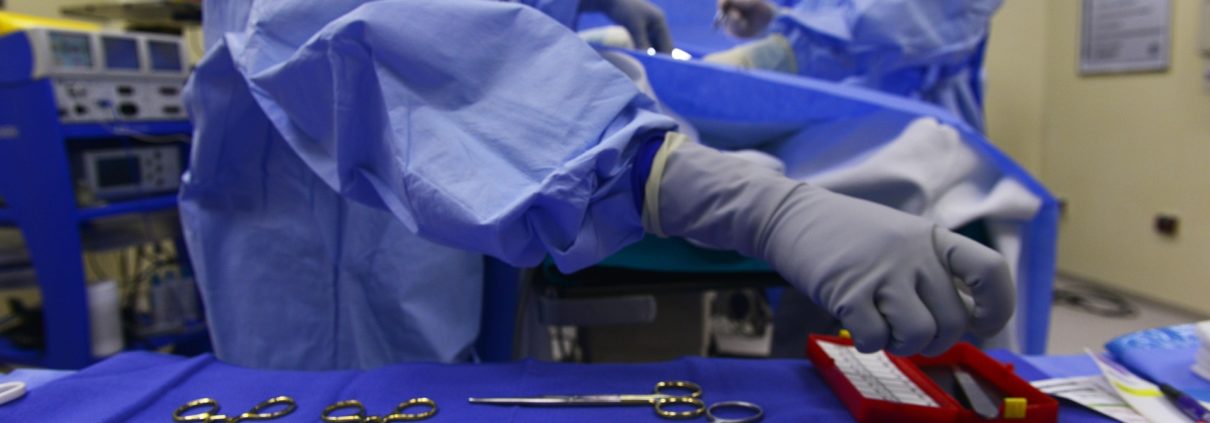
The study, published in the journal Circulation and presented at the American College of Cardiology Conference in New Orleans, USA, also found that the patients treated with the procedure required fewer blood pressure medications.
If the findings are confirmed in larger and longer clinical trials, the surgery could offer hope to patients with high blood pressure who do not respond to drugs, and are at increased risk of cardiovascular diseases, including stroke and heart attack.
The international clinical trial, carried out at St Bartholomew’s Hospital in the UK by the NIHR Barts Biomedical Research Centre, tested a one-hour operation called ‘renal denervation’, which uses ultrasound energy to disrupt the nerves between the kidneys and the brain that carry signals for controlling blood pressure.
Patients in the United States, France, Germany, the Netherlands, Belgium and the United Kingdom were randomised to receive either renal denervation or a ‘sham procedure’ - the surgical equivalent of a placebo.
Previous results from the study showed that renal denervation led to a significant and safe blood pressure lowering effect after two months in patients not taking antihypertensive medication.
In this second part of the study, the team investigated 140 patients to see if renal denervation remained effective in patients who had the option of restarting their blood pressure medication if required. They found that:
- The blood pressure lowering effect of renal denervation was maintained six months after the operation, with a greater proportion of patients treated with renal denervation (58 per cent) achieving blood pressure control compared to sham (42 per cent)
- Though the majority of patients needed the addition of medications to improve blood pressure control, more than twice as many patients were completely free of medication at 6 months in the treatment arm vs. sham arm (35.8 per cent vs 15.5 per cent).
- Renal denervation reduced blood pressure to a greater extent than sham (an 18.1 mmHg reduction in blood pressure, compared to a 15.6 mmHg reduction) at six months
- There were no safety concerns in either group throughout the six months.
alphagalileo.org


